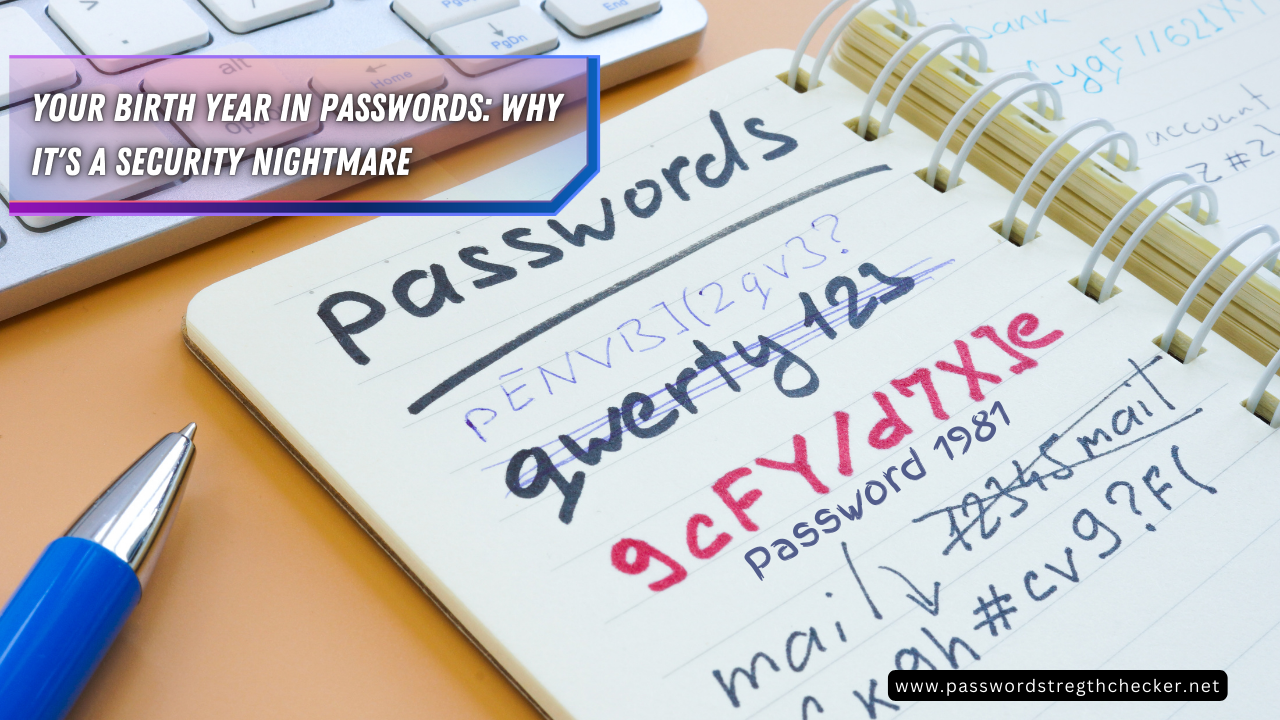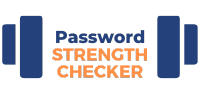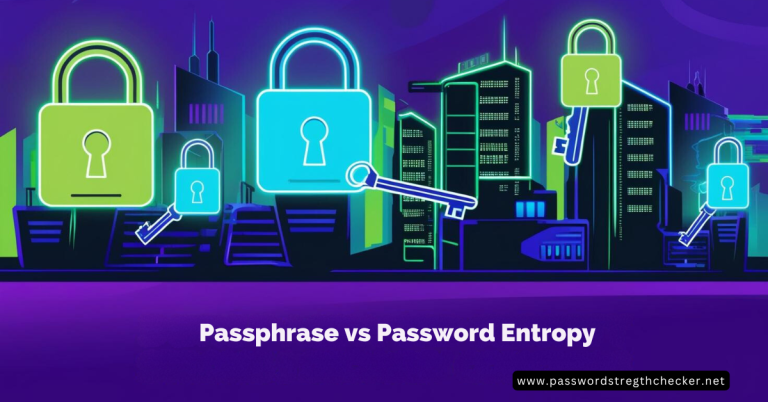Book Appointment Now

Your Birth Year in Passwords: Why It’s a Security Nightmare
Ever added your birth year to a password and thought, “That makes it more unique!” Well, I’ve got some startling news for you. According to recent cybersecurity studies, over 40% of people use their birth year in passwords – making it one of hackers’ first guesses when attempting to breach accounts!
The Psychology Behind Using Birth Years
Let’s be honest – we’ve all done it. Your birth year feels personal, memorable, and somehow secure. After all, how would strangers know your birth year? Unfortunately, in our social media-driven world, this information is more accessible than you might think.
Common ways people use birth years in passwords:
- Adding it at the end (Password1990)
- Reversing it (0991Password)
- Using it twice (1990Password1990)
- Combining it with special characters (Password#1990)
Why Birth Years Make Terrible Password Components
1. They’re Predictable
Think about it: most active internet users were born between 1960 and 2000. That’s just 40 numbers hackers need to try! For younger users, the range is even smaller. A hacker’s software can test these combinations in seconds.
2. They’re Publicly Available
Your birth year can be found through:
- Social media profiles
- Public Records
- Professional networks (LinkedIn)
- Online celebrations/birthday wishes
- Alumni directories
3. They’re Part of Standard Hacking Algorithms
Modern password-cracking tools automatically:
- Test common birth years first
- Try variations (19XX, XX, X0XX)
- Combine years with common words
- Check reversed year combinations
- Test adjacent years
The Real-World Impact
Here’s a shocking example: In a recent data breach analysis, passwords containing birth years were cracked 35% faster than those without. That’s like leaving your front door half-open!
Common Scenarios Where Birth Years Fail
- Social Engineering Attacks
- Hackers gather basic info from social media
- They combine it with common password patterns
- Your birth year becomes a key to your digital life
- Automated Attacks
- Bots target accounts with likely birth year ranges
- They use demographic data to narrow guesses
- Success rates skyrocket with birth year inclusion
- Database Breaches
- Leaked passwords reveal patterns
- Birth years stand out in the analysis
- Hackers build better cracking algorithms

How to Create Stronger Passwords
Instead of Your Birth Year, Use:
- Random Number Combinations
- No personal significance
- Truly unpredictable
- Different for each account
- Passphrases
- Longer and more secure
- Easier to remember
- Harder to crack Example: “PurpleDinosaurDancing427!”
- Password Manager Generated Strings
- Completely random
- Unique for every site
- Maximum complexity
The Password Strength Test
Let’s compare some passwords:
- “Michael1990” (Cracked in: 2 minutes)
- “1990Michael” (Cracked in: 2 minutes)
- “MPurpleDino427!” (Cracked in: 2+ years)
Steps to Fix Your Passwords Today
- Audit Your Current Passwords
- Check for birth year usage
- Identify repeated patterns
- List high-risk accounts
- Create New Strong Passwords
- Use a password manager
- Generate random strings
- Implement unique passwords
- Enable Additional Security
- Two-factor authentication
- Biometric verification
- Security questions (not birth year related!)
Modern Password Security in 2024
According to Gartner, over 60% of large enterprises are now moving away from traditional passwords toward more advanced authentication methods. Let’s dive into what’s shaping the future of digital security!
- Biometric authentication gaining prominence
- Passwordless login options are emerging
- AI-powered security becoming standard
- Hardware security keys growing in popularity
Conclusion: Break the Birth Year Habit
Your birth year might be special to you, but it shouldn’t be part of your password strategy. Think of it this way: would you write your birth year on your house key? Because that’s essentially what you’re doing with your digital security.
Take Action Now:
- Check your passwords for birth years
- Replace them with strong alternatives
- Use a password manager
- Enable additional security features
Remember: Every time you use your birth year in a password, you’re essentially giving hackers a head start. Don’t make their job easier!
Have you found birth years in your passwords? Share your password security journey in the comments below (but please, no actual passwords or birth years)!



